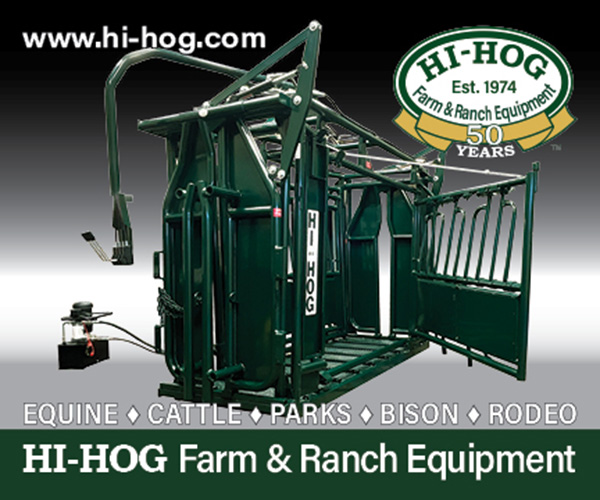Oct 1 (Reuters) – The huge recall of Canadian beef because of E.coli contamination is unlikely to slow that country’s beef consumption or its exports, analysts say, largely because the public has become familiar with E.coli.
On Friday, the Canadian Food Inspection Agency (CFIA) temporarily shut down privately held XL Foods’ beef-packing plant at Brooks, Alberta, where products containing the potentially deadly bacteria were made.
The CFIA also has recalled millions of pounds of beef products, including ground beef and steaks, from the plant. The U.S. Department of Agriculture, which stopped importing beef from the plant in mid-September, is recalling beef in more than 30 states.
Meat buyers from importing countries are unlikely to be rattled by a risk they are well aware of, said Kevin Grier, senior market analyst at the George Morris Centre, a Canadian agriculture think-tank.
Canada is the world’s sixth-largest exporter of beef and veal.
“The system is working in the sense that the last line of defense is recall,” Grier said. “Everybody in the business knows that this can happen, and it’s happened in the United States.
“I don’t see it having long-term implications because knowledgeable people realize this is something that can plague the industry.”
E. coli, which can cause sickness or even death, is widely present in meat-processing plants, but regulators require packers to control the bacteria within certain levels. E.coli can be killed by thoroughly cooking meat.
The Brooks plant is one of Canada’s largest, with capacity to slaughter an estimated 4,500 head of cattle per day. Ranchers in Alberta, the biggest cattle-producing province, have said they are concerned by the closure, even if temporary, of a large buyer of their cattle.
HUGE GROCERY CHAINS AFFECTED
Grier said anecdotal reports he has heard from Canadian retailers indicate steady beef sales during the weekend, despite the recall. In 2003, after mad cow disease was discovered in an Alberta beef herd, Canadian beef consumption increased, he said.
The recall affects a who’s who of North American grocery outlets, including Wal-Mart Stores Inc, Safeway and Costco Wholesale Corp.
Nine people have become ill because of E. coli, all in Alberta, including four who ate steak sold at an Edmonton Costco. Four of the cases have been confirmed to be linked with XL Foods. The recall affects products made at XL on five dates – Aug. 24, 27, 28, 29 and Sept. 5.
The recall has not raised concern among members of the Meat Import Council of America, who include meat heavyweights Cargill Inc and Tyson Foods Inc, said executive director Laurie Bryant.
But Bruce Cran, president of the not-for-profit Consumers’ Association of Canada, said Canadians are more likely now to ask where their beef was produced. The fact that it took two weeks for the first recall of XL Foods beef in September since CFIA learned of the E. coli contamination, alarms consumers, Cran said.
“I think a lot of damage has been done, probably because of the system that’s in place.”
Opposition legislators have alleged that sweeping budget cuts by the Canadian government this year to reduce the deficit contributed to the spread of contaminated products.
CFIA has said that 46 agency staff work full-time at the Brooks plant, an increase over three years ago.
Some critics have suggested that those staff do not directly inspect cattle and meat, but that’s not the case, said Dr. Richard Arsenault, the CFIA’s director of meat programs division.
“CFIA inspectors are looking at the animals in the barn, CFIA inspectors are looking at the carcasses on the evisceration floor, the dressing floor,” he said in an interview. “And there are additional checks above and beyond what we do that are done by company employees, and we stand behind them with a clipboard monitoring how well they’re doing it,” he said.
Jim Robb, director of the Colorado-based Livestock Marketing Information Center, said there’s little evidence that U.S. consumers are worried about Canadian beef because they generally trust the U.S. Department of Agriculture, which halted imports from the plant.
Mexico took a similar cautious approach last week, and halted beef imports from the XL plant, Arsenault said.
Source: Reuters













